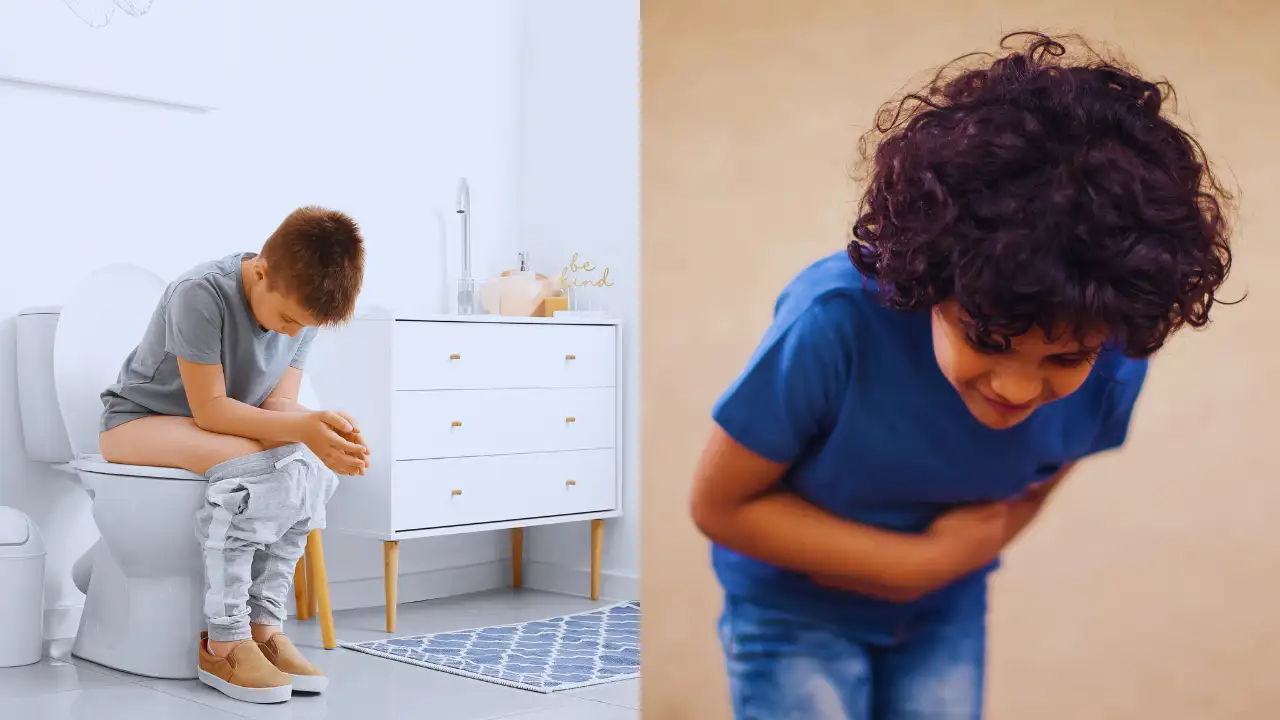Diarrhoea is one of the most common reasons parents take their children to the doctor. It can cause significant discomfort, disrupt routines, and raise understandable concerns about the child’s health. Is it that extra glass of juice? Something they licked at the park? Or something far more sinister? Parents are always in doubt. Understanding the causes and knowing when to seek medical advice is key to managing it effectively.
"Diarrhoea is a common concern that brings many parents to the paediatrician’s office and with good reason," says Dr. Anjali Saxena, General Paediatrics and Adolescent Health Specialist. “It can leave kids feeling miserable, disrupt family life, and make parents question whether it is just a minor bug or something that needs closer attention.”
And if you are envisioning endless soggy nappies or emergency toilet trips, you are on the right track. But not all diarrhoea is the same. "Recognising the type and cause can help guide the right care," she explains.
By definition, diarrhoea means having more frequent, watery bowel movements. In babies, this could just be a nappy overdrive. For older children, it usually involves an urgent or more frequent need to poop. Diarrhoea can be acute—a sudden bout that lasts a few days—or chronic, dragging on for more than two weeks. And the way you handle each type matters.
“Acute diarrhoea is the most common and usually clears up on its own,” says Dr. Saxena. The usual causes include viral infections like rotavirus, bacterial infections from spoilt food or dirty water, food poisoning, sudden diet changes, too much juice or sweet drinks, and even antibiotics that mess with the gut’s balance.
Symptoms may come with a mild fever, tummy aches, tiredness or vomiting, but if your child is generally cheerful and active, you can usually manage things at home.
“The main focus should be hydration,” Dr. Saxena stresses. Encourage plenty of clean water or Oral Rehydration Solution (ORS). If you prefer a more desi touch, natural options like coconut water, lemon water (nimbu pani), and buttermilk can work wonders. Just skip the sugary sodas and fancy juices. For food, stick to easy-going favourites: rice, curd, bananas, toast, or a warm bowl of khichdi. And for the tiniest members of the household? Keep the breast milk or formula flowing.
Still, even this wobbly tummy tale has red-flag moments. “Call the doctor,” says Dr. Saxena, “if you notice very frequent or large-volume stools, vomiting that does not stop, blood or mucus in the stool, high fever, refusal to drink fluids, or signs of dehydration like dry mouth, sunken eyes, less urination, or unusual sleepiness.”
Now, if the diarrhoea lasts more than two weeks, it is time to dig deeper. Chronic diarrhoea can be tied to food intolerances (like lactose), coeliac disease (a reaction to gluten), lingering infections, gut issues related to stress, or even parasites. And do not forget the oddly named but totally real “toddler’s diarrhea"—a common and harmless condition in young children.
“If your child is not growing well, frequently complains of tummy aches, or always seems tired, it is worth getting a professional opinion,” says Dr. Saxena. Doctors may ask about your child’s diet and symptoms, order stool or blood tests, suggest food changes, or refer you to a specialist. But once the root cause is identified, she says, treatment is often straightforward and effective.”
And as any wise parent knows, prevention is far easier than cure. Handwashing, clean drinking water, limiting juice and junk food, and skipping dubious street eats can help shield your child from most tummy troubles. “Building good hygiene habits early lays the groundwork for better health in the long run,” she adds.
So next time, don’t panic. Most of the time, diarrhoea in children is short-lived and manageable. But knowing when to monitor, when to treat at home, and when to seek help can make all the difference.
